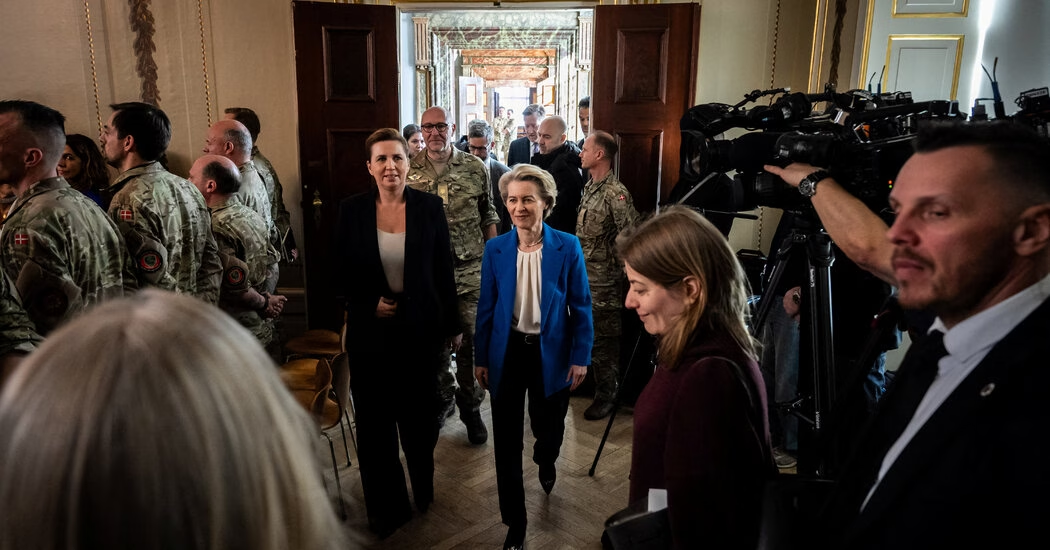European leaders have acknowledged the message from Washington regarding the need for increased self-defense and support for Ukraine. While they have been vocal in their support and opposition to the demanding and sometimes hostile policies of the Trump administration, there is a noticeable gap between words and actions. Unity among European nations is already showing signs of fracture, particularly when it comes to defense spending and borrowing during a period of low growth and high debt.
Dutch and other nations are not enthusiastic about increasing collective debt for defense purposes. The challenge of keeping Hungary aligned with other member states has also become more difficult. When Ursula von der Leyen, the President of the European Commission, proposed a plan to allocate billions more for military purposes under the name “ReArm Europe,” Italy and Spain saw it as overly aggressive, leading to a rebranding as “Readiness 2030.”
Despite the former U.S. President Donald J. Trump no longer being expected to hold office, European nations recognize that their commitment to self-reliance will need time, euros, dexterous politics, and collaboration with the United States. Kaja Kallas, the former Prime Minister of Estonia and now the Chief Foreign and Security Officer for the European Union, has been a strong advocate for bolstering Ukraine’s defenses against Russia. However, her proposal to provide significant financial support to Ukraine through a levy on each country’s national income has not gained traction. Instead, countries prefer voluntary, bilateral contributions.
Kallas’s recent reaction to Trump’s push for a Ukraine cease-fire without security guarantees was viewed as premature, sparking calls in Europe and Washington for new leadership. Ursula von der Leyen has promoted her readiness plan with an eye-catching figure of €800 billion, but only €150 billion of this is actual funding available as long-term loans to countries for military use, with the rest being notional figures allowing for additional borrowing for military purposes.
For countries like Germany, which boasts low debt and has relaxed its own fiscal rules, this approach may work. However, for countries like Italy and Spain, which are distant from Russia and have their own economic challenges, making such choices is more difficult. France, although expressive about European strategic autonomy, is heavily indebted, and increasing its debt poses political and economic risks.
France has also insisted on a high percentage of European content in any weapon purchases made with the new loans and is working to limit American, British, and Canadian companies from participating. The EU’s effort at a defense agreement with Britain is stalled by squabbles over fishing rights. Despite these challenges, Europe will increase its defense spending as it recognizes the necessity to do so.
Source: https://www.nytimes.com/2025/03/26/world/europe/ukraine-us-nato-eu-defense.html




